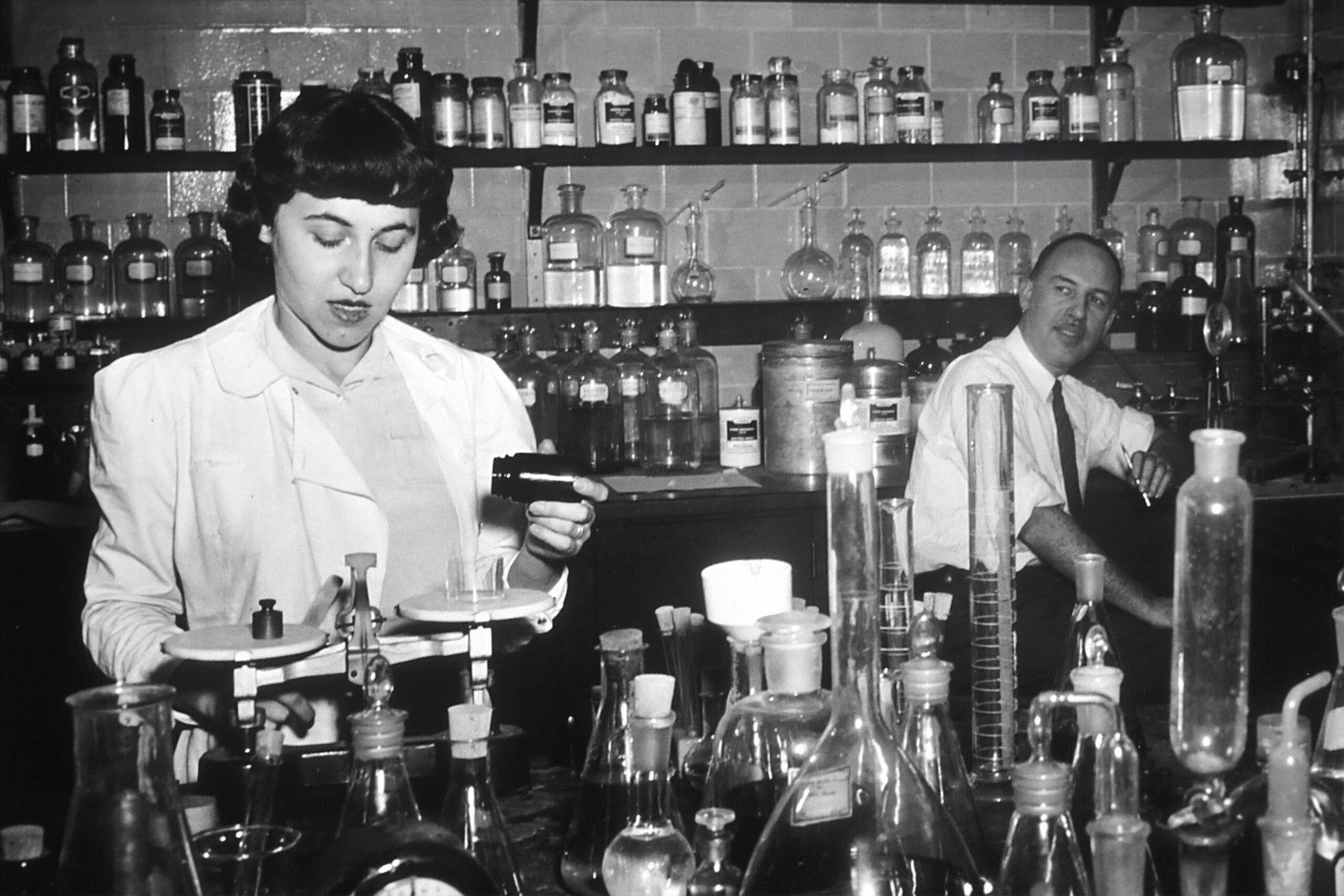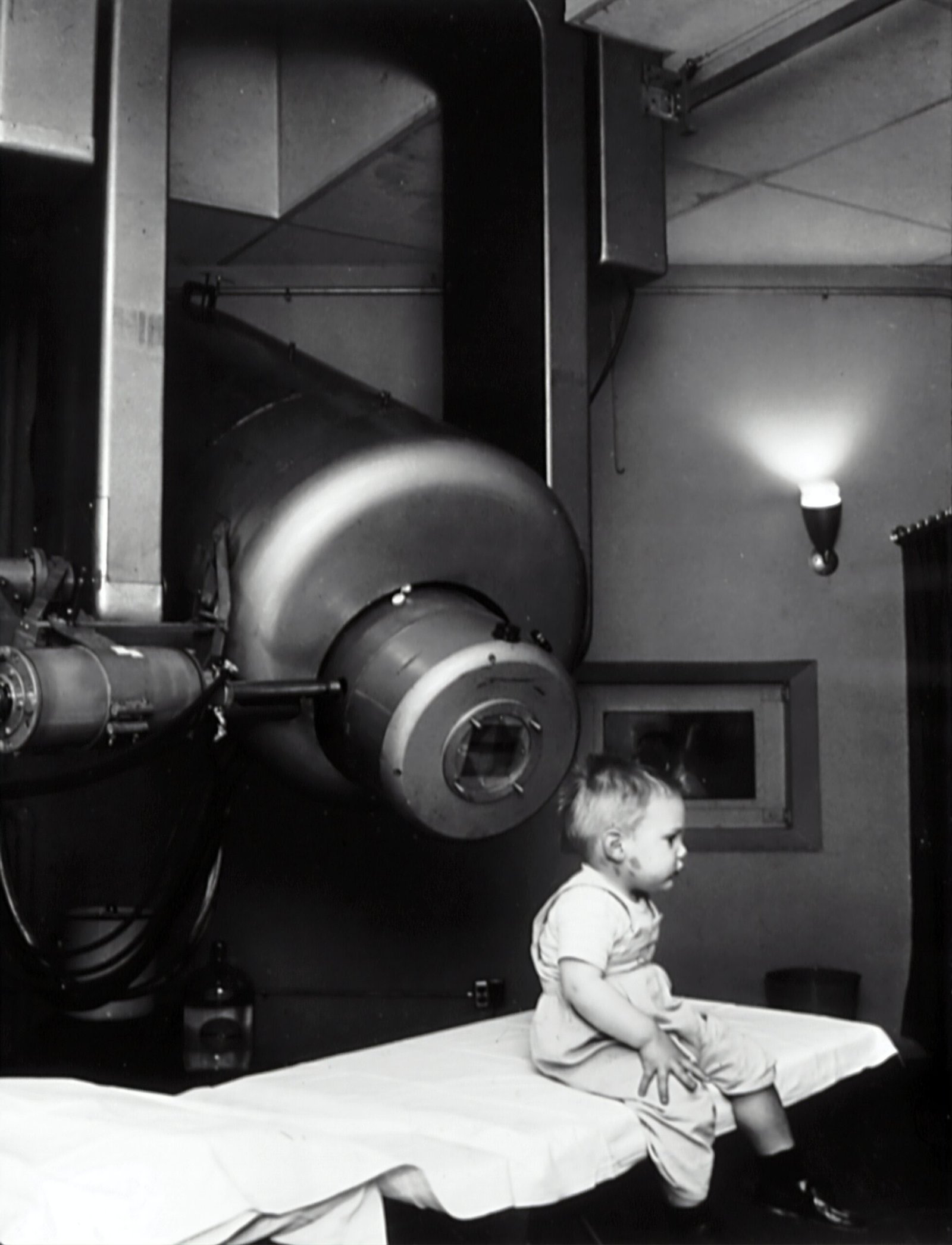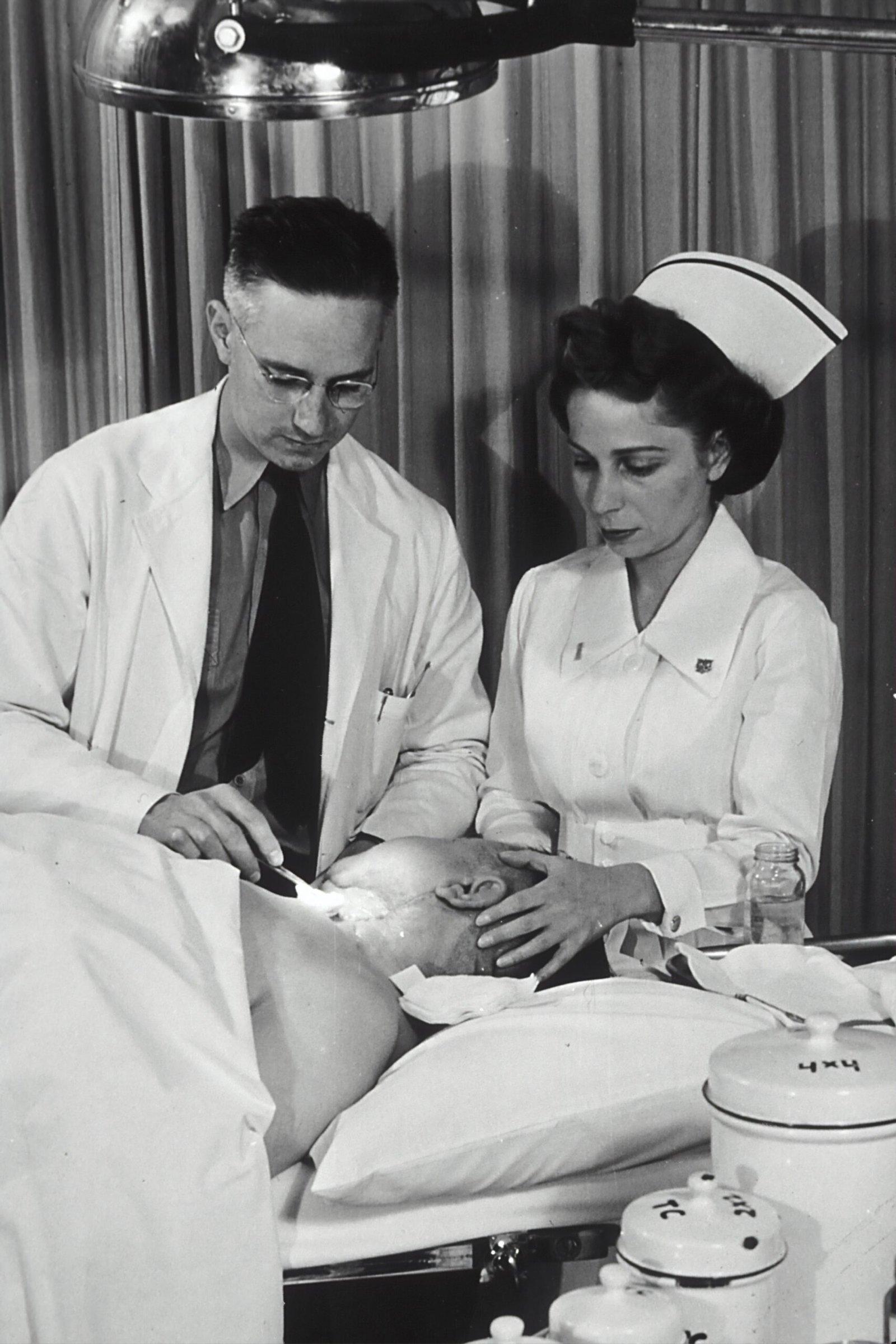Did you know that gout, a painful form of arthritis, could be a potential side effect of chemotherapy? While chemotherapy is primarily used to treat cancer, it can sometimes lead to unexpected complications, such as triggering a gout flare-up. In this article, we will explore the connection between chemotherapy and gout, helping you better understand this lesser-known aspect of cancer treatment. So, if you or a loved one are undergoing chemotherapy, keep reading to learn more about this possible side effect and how to manage it effectively.

Overview of Gout and Chemotherapy
What is Gout?
Gout is a form of arthritis characterized by sudden and severe attacks of joint pain, often affecting the big toe but can also occur in other joints. It is caused by the buildup of uric acid crystals in the joints, leading to inflammation and intense pain. Gout can be triggered by various factors such as diet, obesity, certain medications, and underlying health conditions.
Understanding Chemotherapy
Chemotherapy is a common treatment method for cancer. It involves the use of powerful drugs to kill or inhibit the growth of cancer cells. Chemotherapy drugs work by targeting rapidly dividing cells, which includes not only cancer cells but also healthy cells in the body. While chemotherapy can be effective in treating cancer, it can also cause various side effects due to its impact on healthy cells and tissues.
Connection between Gout and Chemotherapy
Chemotherapy Drugs Linked to Gout
Some chemotherapy drugs have been linked to an increased risk of developing gout. These drugs include agents such as 5-fluorouracil, paclitaxel, and cisplatin. The exact mechanism behind the association between these drugs and gout development is not fully understood, but it is believed to be related to the disruption of uric acid metabolism or increased production of uric acid.
Mechanism of Gout Development during Chemotherapy
Chemotherapy drugs can affect the body's ability to excrete uric acid properly, leading to its accumulation in the joints. Additionally, these drugs can also increase the production of uric acid by rapidly dividing cells. The combination of impaired excretion and increased production can result in elevated levels of uric acid in the blood, leading to gout attacks in susceptible individuals.
Symptoms and Diagnosis
Identifying Gout Symptoms
Gout attacks typically come on suddenly and are characterized by intense pain, swelling, redness, and heat in the affected joint. These attacks often occur during the night and can last for several days. Gout commonly affects the big toe, but it can also manifest in other joints such as the ankles, knees, wrists, and fingers. Other symptoms may include fever, fatigue, and general discomfort.
Diagnosing Gout in Chemotherapy Patients
Diagnosing gout in chemotherapy patients can be challenging due to overlapping symptoms with other chemotherapy-related side effects. Healthcare providers rely on clinical assessment, medical history, physical examination, and laboratory tests to confirm the diagnosis. Laboratory tests such as blood tests to measure uric acid levels and joint fluid analysis may be performed to help differentiate gout from other conditions.
Management and Treatment
Preventing Gout Attacks
Preventing gout attacks in chemotherapy patients involves a multi-faceted approach. Lifestyle modifications, such as adopting a low-purine diet, maintaining a healthy weight, and limiting alcohol consumption, can help reduce the risk of gout attacks. Additionally, medications such as nonsteroidal anti-inflammatory drugs (NSAIDs), colchicine, or corticosteroids may be prescribed to manage pain and inflammation.
Treating Gout in Chemotherapy Patients
Treating gout in chemotherapy patients requires a careful balance between managing symptoms and minimizing interference with the ongoing cancer treatment. Medications such as NSAIDs, colchicine, or corticosteroids can be used to alleviate pain and inflammation during acute gout attacks. In some cases, urate-lowering therapy may be considered to prevent future gout attacks, but its use needs to be carefully evaluated in the context of chemotherapy.

Preexisting Gout and Chemotherapy
Effect of Chemotherapy on Preexisting Gout
For patients with preexisting gout undergoing chemotherapy, the impact on gout symptoms can vary. Some individuals may experience an improvement in gout symptoms during chemotherapy due to the immunosuppressive effects of certain chemotherapy drugs. However, others may experience worsening symptoms or gout flares triggered by the chemotherapy treatment. Close monitoring and individualized management are crucial in such cases.
Managing Gout during Chemotherapy
Managing gout in patients undergoing chemotherapy requires a collaborative approach between oncologists and rheumatologists. Regular communication and coordination can help in developing treatment strategies that address both the cancer and gout. Adjustments in medication regimens, monitoring of uric acid levels, and prompt management of gout flares are important aspects of managing gout during chemotherapy.
Research and Studies
Studies on Gout as a Side Effect of Chemotherapy
Several studies have investigated the relationship between chemotherapy and gout development. One study published in the Journal of Clinical Rheumatology found that patients receiving chemotherapy had an increased risk of developing gout compared to the general population. The study also identified specific chemotherapy drugs, such as paclitaxel, as independent risk factors for gout.
Experimental Treatments and Interventions
Researchers are exploring various experimental treatments and interventions to mitigate the risk of gout in chemotherapy patients. These include the use of uric acid-lowering agents, such as allopurinol or febuxostat, as prophylactic measures to prevent gout attacks. Additionally, interventions aimed at optimizing drug dosing and using combination therapies are being investigated for their potential in reducing gout development during chemotherapy.

Expert Insights and Recommendations
Advice from Oncologists and Rheumatologists
Experts in oncology and rheumatology suggest close collaboration between healthcare providers to address the complex interplay between gout and chemotherapy. They emphasize the importance of individualized management plans that consider the specific needs of each patient. Regular monitoring of uric acid levels and prompt management of gout flares are key recommendations for optimizing patient outcomes.
Guidelines for Oncology and Rheumatology Professionals
Professional organizations such as the American Society of Clinical Oncology (ASCO) and the American College of Rheumatology (ACR) have published guidelines to assist oncology and rheumatology professionals in managing gout in chemotherapy patients. These guidelines highlight the need for a multidisciplinary approach, risk assessment, appropriate medication selection, and close monitoring of patients to ensure optimal care and outcomes.
Case Studies and Patient Experiences
Patient Testimonies regarding Gout and Chemotherapy
Patient testimonies provide valuable insights into the experiences of individuals managing gout during chemotherapy. Many patients report challenges in differentiating gout symptoms from chemotherapy-related side effects, as well as the impact of gout flares on their quality of life. Sharing these experiences helps raise awareness and foster a supportive community for patients navigating gout and chemotherapy.
Case Studies on Gout Management during Chemotherapy
Case studies focusing on individual patients present unique challenges and successes in managing gout during chemotherapy. These studies offer valuable information on the efficacy of different interventions, the impact of chemotherapy on preexisting gout, and the overall management strategies employed. By analyzing these cases, healthcare providers can gain further insights into potential approaches for optimizing gout management in chemotherapy patients.
Potential Impact on Cancer Treatment
Gout's Influence on Chemotherapy Outcomes
The presence of gout can potentially impact cancer treatment outcomes. Gout flares and associated pain and inflammation may cause interruptions or delays in chemotherapy administration, affecting treatment schedules and potentially compromising efficacy. Close monitoring and proactive management of gout are essential to prevent these disruptions and maintain optimal cancer treatment outcomes.
Optimizing Cancer Treatment for Patients with Gout
Optimizing cancer treatment for patients with gout requires a comprehensive approach that considers the individual patient's needs and priorities. The integration of oncology and rheumatology expertise supports the development of personalized treatment plans that address both the cancer and gout. By carefully balancing the management of gout symptoms with cancer treatment, healthcare providers can optimize overall patient care and outcomes.
Conclusion
Reflecting on the relationship between gout and chemotherapy highlights the need for integrated and personalized care for cancer patients. Chemotherapy can contribute to the development of gout, and preexisting gout can pose challenges during cancer treatment. Collaboration between oncology and rheumatology professionals, along with a multidisciplinary approach, can help in effectively managing gout in chemotherapy patients and optimizing cancer treatment outcomes.
Importance of Integrative Care for Cancer Patients with Gout
Integrative care that addresses not only the cancer but also the coexisting conditions, such as gout, is crucial for improving the overall well-being of cancer patients. By recognizing and addressing the unique needs of individuals with gout undergoing chemotherapy, healthcare providers can enhance patient outcomes, improve quality of life, and foster a more holistic approach to cancer care.